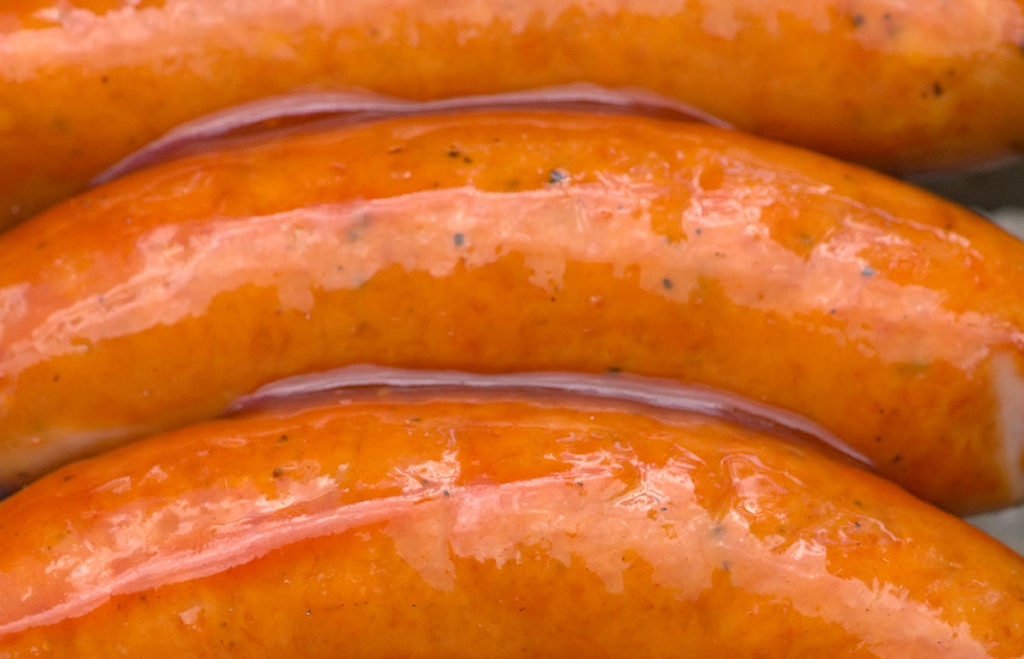
WHO Panel Concludes Processed Meats Increase Cancer Risk
In late October a report from the World Health Organization published in Lancet Oncology (doi: http://dx.doi.org/10.1016/ S1470-2045(15)00444-1) stated that some of Americans’ favorite processed meats—hot dogs, bacon, pepperoni and the like— significantly increase the risk of developing cancer. All types of red meat “probably” increase the risk, too, said the report from WHO’s International Agency for Research on Cancer (IARC).
The IARC panel’s findings were based on decades of research and more than 800 studies. Though the 22 experts from 10 countries did not reach consensus, they concluded that the consumption
of red meat is “probably carcinogenic to humans” based on “limited evidence” that the consumption of red meat causes cancer in humans and “strong” mechanistic evidence supporting a carcinogenic effect. This association was observed mainly for colorectal cancer, but associations were also seen for pancreatic cancer and prostate cancer.
Processed meat was classified as “carcinogenic to humans,” based on “sufficient evidence” that consumption of processed meat causes colorectal cancer in humans.
The experts concluded that each 50 g portion of processed meat eaten daily increases the risk of colorectal cancer by 18%. For reference, 50 g is about the equivalent of 0.11 pound or 1.76 ounces. One typical hot dog weighs in at about 45 g.
“For an individual, the risk of developing colorectal cancer because of . . . consumption of processed meat remains small,
but this risk increases with the amount of meat consumed,”
said Kurt Straif, MD, PhD, MPH, head of the IARC Monographs Programme. “In view of the large number of people who consume processed meat, the global impact on cancer incidence is of public health importance.”
While recognizing the nutritional value of red meat, Christopher Wild, PhD, director of IARC, called for limiting its intake in the name of public health. “These results are important in enabling governments and international regulatory agencies to conduct risk assessments, in order to balance the risks and benefits of eating red meat and processed meat and to provide the best possible dietary recommendations.”
A statement issued by the National Cattleman’s Beef Association cast doubt on the IARC findings. “Cancer is a complex disease that even the best and brightest minds don’t fully understand,” said Shalene McNeill, PhD, RD, the association’s executive director of human nutrition research. “Billions of dollars have been spent on studies all over the world and no single food has ever been proven to cause or cure cancer. The opinion by the IARC committee to list red meat as a probable carcinogen does not change that fact. The available scientific evidence simply does not support a causal relationship between red or processed meat and any type of cancer.”